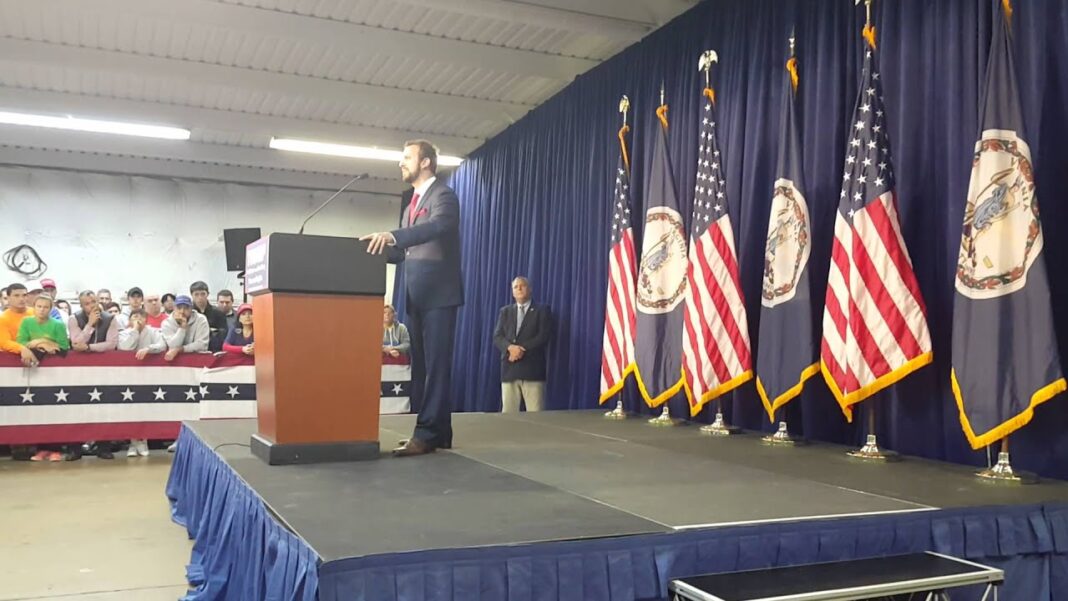Trump said he agreed to ‘immediately pause’ tariffs on Mexico. Tariffs on Canada and China are still set to take effect on Tuesday.
U.S. President Donald Trump and Mexican President Claudia Sheinbaum announced on Feb. 3 that they reached a deal to delay 25 percent U.S. tariffs on Mexican goods that were due to take effect on Tuesday.
Sheinbaum wrote on social media platform X that Mexico and the United States reached a series of agreements, and that Mexico will immediately send 10,000 members of its National Guard to the U.S.–Mexico border targeting the trafficking of illicit fentanyl.
Trump said in a social media post that the the Mexican troops “will be specifically designated to stop the flow of fentanyl, and illegal migrants into our Country.”
The one-month tariff pause will allow for “negotiations headed by Secretary of State Marco Rubio, Secretary of Treasury Scott Bessent, and Secretary of Commerce Howard Lutnick, and high-level Representatives of Mexico,” Trump said.
I look forward to participating in those negotiations, with President Sheinbaum, as we attempt to achieve a “deal” between our two Countries.”
Sheinbaum said that the United States also “committed to working to prevent the trafficking of high-powered weapons to Mexico.”
The Epoch Times has reached out to the White House for further comment.
Trump on Saturday signed an order directing 25 percent tariffs on Canada and Mexico over border security, fentanyl trafficking, and trade issues, as well as 10 percent tariffs on China. The tariffs on Canada and China are due to take effect on Feb. 3.
In a new development Monday, Trump is also scheduled to talk with Canadian Prime Minister Justin Trudeau at 3 p.m. ET about the U.S. tariffs on Canada. Those tariffs are across-the-board and will affect products the United States imports from its northern neighbor including timber and dairy.
Canada has planned to retaliate with 25 percent tariffs on $107 billion worth of goods from the United States, which are also scheduled to take effect on Tuesday. Products targeted will include household appliances, sports equipment, and drinks such as alcohol.






